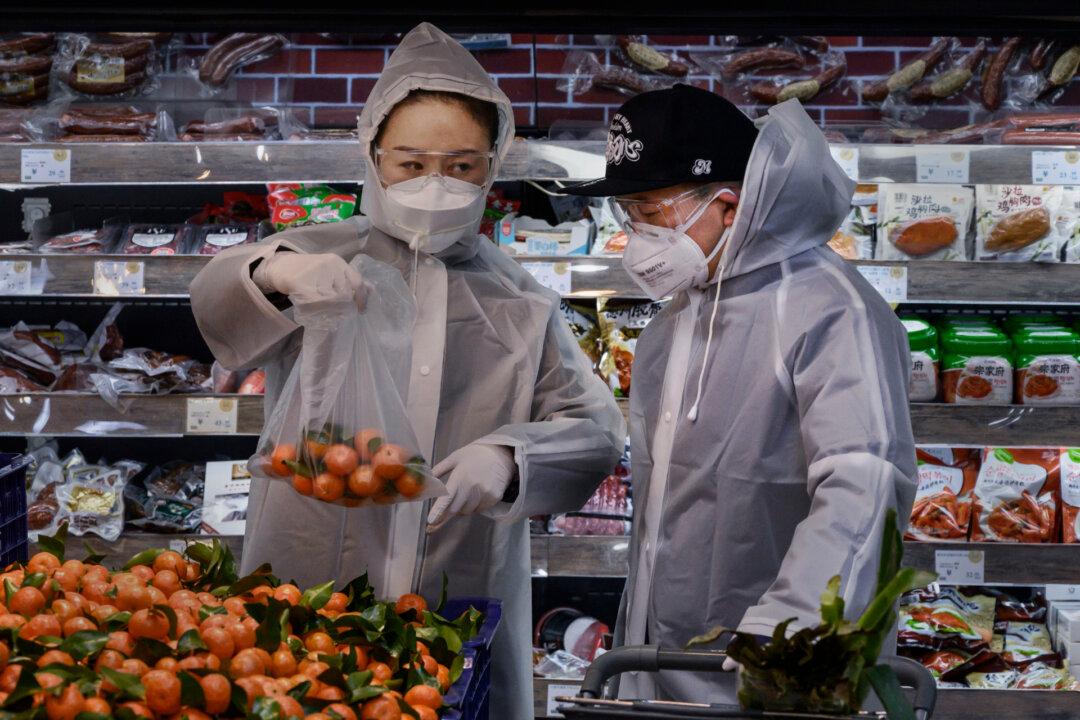Misquoting European Scientists’ Research
On Dec. 2, English-language state-run newspaper China Daily cited research from the National Cancer Institute in Milan, Italy, to claim that COVID-19 infections likely appeared in Italy in September 2019, before the outbreak in China.On Nov. 26, German professor and scientist Alexander Kekule said on a television news program that the virus currently circulating around the world is the G-Variant that appeared in Italy, which is more infectious than the virus strain that initially appeared in Wuhan.
Kekule emphasized that the virus was imported from China to Italy, where it mutated.
The CCP’s state-run Xinhua also quoted Kekule’s research on Dec. 1, also claiming that the COVID-19 pandemic originated in northern Italy.
After learning of the CCP’s misrepresentation of his remarks, Kekule clarified on German television, “China’s overseas propaganda is purely rumor” and said the regime resorted to “unscrupulous means for political propaganda.”
Kekule also called out the misleading propaganda in a tweet.
CCP’s Claims of Virus Coming from Frozen Food Imports
In the past few weeks, the Chinese regime and its media have been promoting the theory that local COVID-19 outbreaks stemmed from frozen food supply chains. CCP officials have claimed they have detected the CCP virus in pork products from Germany, shrimp from Ecuador, salmon from Norway, and other imported goods.In an interview with The Epoch Times, Chen Jingming, professor and director of the Environmental Science Program at the Chinese University of Hong Kong, said that it is unlikely the virus can spread via frozen food; if so, it would take a long time for disease transmission from human-to-human to occur.
Today, it remains unclear what is the source of the virus. “They [Chinese regime] shut down all the infected places and the P-4 laboratory very early, and everything has been destroyed,” he said, making it difficult for researchers to conduct further study.
The WHO announced that it would convene an investigative team to travel to China. But Chen said it was unlikely that the researchers would be able to find answers, as Chinese authorities have already disinfected and cleaned many areas in Wuhan.




